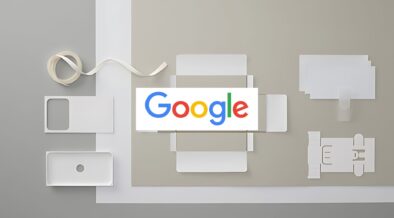Google, a tech giant known for its innovative products, has taken a significant step towards sustainability by committing to developing plastic-free packaging for its future devices, including the Pixel 8 series. In an effort to reduce plastic use and make recycling easier, Google has published a Plastic-Free Packaging Design Guide that outlines steps to achieve this goal by 2025. The guide focuses on eliminating plastic from hardware product packaging and encourages industry-wide collaboration for sustainable solutions.
Google acknowledges the challenges of overusing and relying on mixed material formats, which make recycling difficult and contribute to plastic pollution. To address this issue, the company is turning to fiber-based materials like paper and cardboard as renewable alternatives to conventional plastics. These materials are easily recyclable, making them a more sustainable choice for product packaging.
One of the most promising alternatives to plastic trays is molded fiber, made from bamboo and bagasse pulp. This material offers superior cushioning properties and can effectively protect products during shipping. Greyboard, another fiber-based material, provides structural rigidity and impact resistance while maintaining a premium appearance.
Google's commitment to sustainability extends beyond its own products. The company has collaborated with industry leaders like Amazon, Microsoft, Nucor, and Duke Energy to accelerate carbon-free energy generation through innovative tariffs. By sharing their methods and experiences, Google aims to set a standard in the industry and inspire innovation in sustainable design.
The Pixel 8a is an example of Google's dedication to sustainability. This device features a back cover made from 24% recycled content by weight, making it the most environmentally friendly option in the A-series lineup. The Pixel 8a also boasts plastic-free packaging, further reducing its environmental impact.
Google's Plastic-Free Packaging Design Guide is a valuable resource for designers looking to create sustainable packaging solutions. By following this guide and collaborating with industry peers, Google hopes to make a significant impact on the environment and inspire change in the tech industry.

